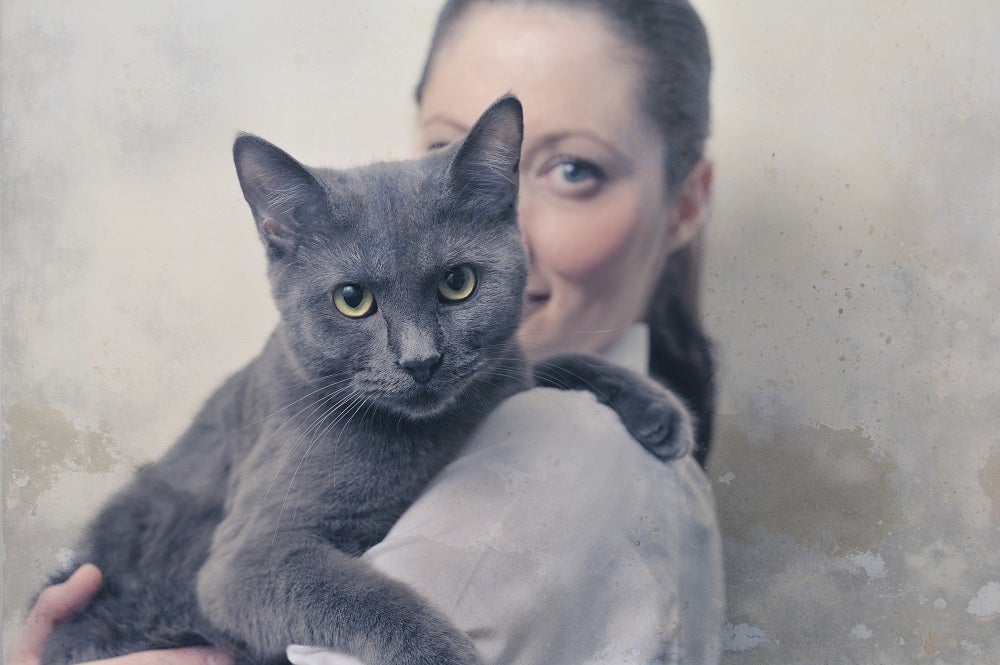Humans are not the only animals with a sense of self, new study claims
It's a debate that has been going on for millennia

Your support helps us to tell the story
From reproductive rights to climate change to Big Tech, The Independent is on the ground when the story is developing. Whether it's investigating the financials of Elon Musk's pro-Trump PAC or producing our latest documentary, 'The A Word', which shines a light on the American women fighting for reproductive rights, we know how important it is to parse out the facts from the messaging.
At such a critical moment in US history, we need reporters on the ground. Your donation allows us to keep sending journalists to speak to both sides of the story.
The Independent is trusted by Americans across the entire political spectrum. And unlike many other quality news outlets, we choose not to lock Americans out of our reporting and analysis with paywalls. We believe quality journalism should be available to everyone, paid for by those who can afford it.
Your support makes all the difference.Self-awareness is something often described as unique to mankind, but a team of researchers at the University of Warwick believe it is felt by many more animals.
In a study published in Current Zoology entitled 'From foraging to autonoetic consciousness: The primal self as a consequence of embodied prospective foraging', they argue through their findings that any animal which can simulate environments and conceive the future must have some form of self-awareness.
"The study's key insight is that those animals capable of simulating their future actions must be able to distinguish between their imagined actions and those that are actually experienced," said study co-author Professor Thomas Hills.
Inspired by work involving sending rats through mazes conducted in the 1950s, Hills and his team looked at the neuroscience behind a rat's deliberation of 'choice points'.
He added: "The study answers a very old question: do animals have a sense of self? Our first aim was to understand the recent neural evidence that animals can project themselves into the future. What we wound up understanding is that, in order to do so, they must have a primal sense of self."
"As such, humans must not be the only animal capable of self-awareness. Indeed, the answer we are led to is that anything, even robots, that can adaptively imagine themselves doing what they have not yet done, must be able to separate the knower from the known."
The study makes some huge assertions, claiming to have answered one of metaphysics' biggest questions, but there will surely still be many sceptics.
Exactly what animals' experience of life is remains elusive, and these simple choices surely do not amount to the same profound level of self-awareness that we as humans experience (not that we've been able to adequately define even that ourselves).
(HT Phys.org)
Join our commenting forum
Join thought-provoking conversations, follow other Independent readers and see their replies
Comments